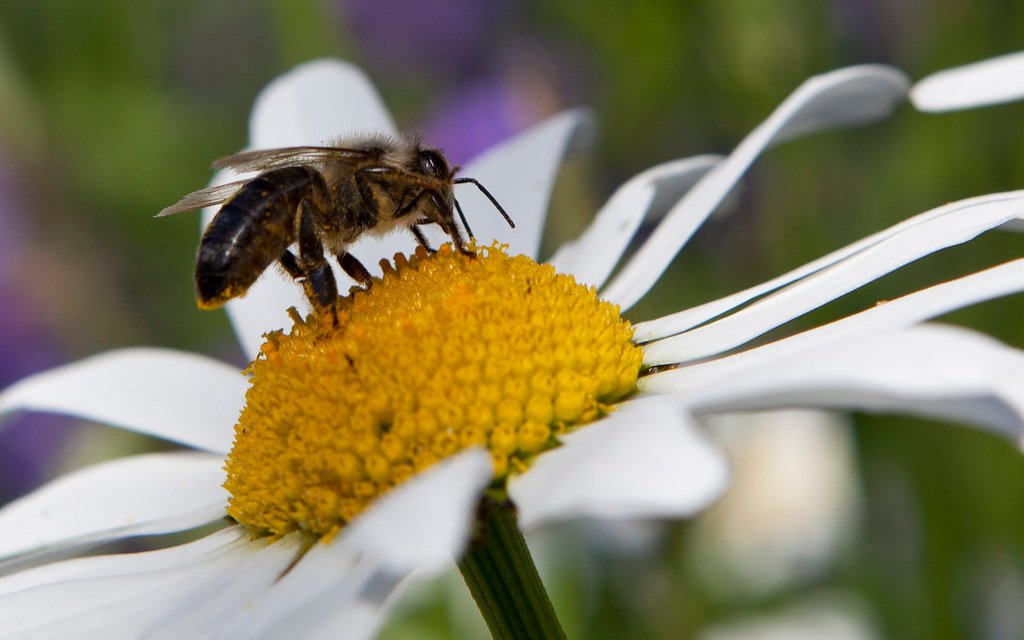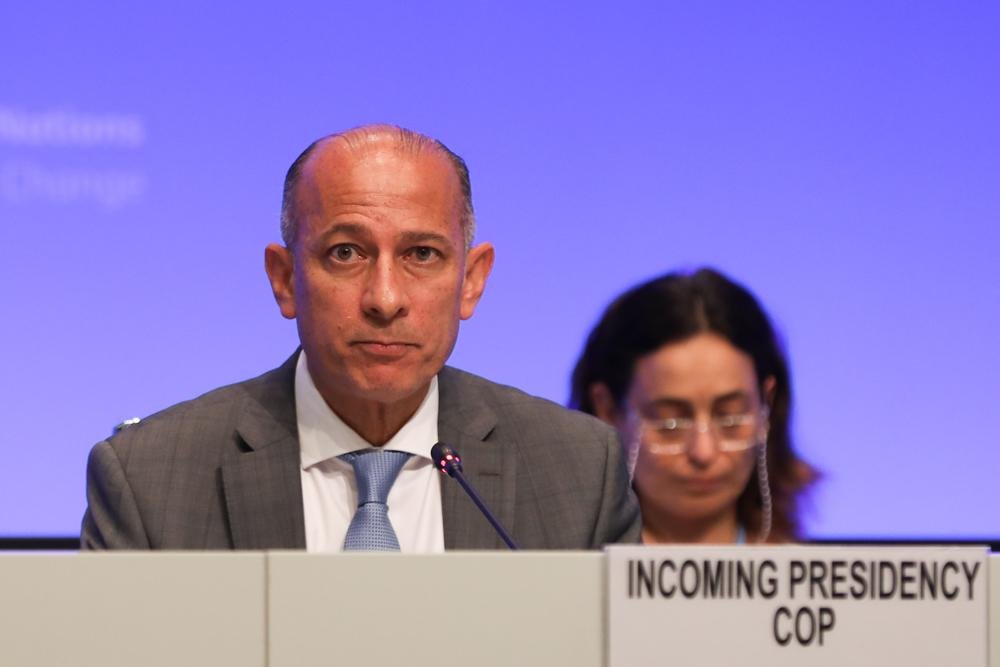A new study conducted at the University of Washington has revealed that air pollution significantly impedes the ability of insects to locate flowers, thereby disrupting the delicate balance of pollination.
Led by a team of scientists, including researcher Jeff Riffell, the study delved into the intricate relationship between air pollution and pollination. The findings, published in a recent scientific journal, underscore the grave consequences of pollutants such as nitrate radicals (NO3) on floral ecosystems.
Nitrate radicals, ubiquitous in the atmosphere due to various sources including vehicle emissions and industrial activities, play a pivotal role in altering the scent-based cues emitted by flowers. The compound, when released into the air, interacts with substances emitted by flowers, thereby modifying their natural aroma.
Riffell elucidated on the mechanism through which NO3 disrupts the pollination process, stating, “The NO3 is really reducing a flower’s ‘reach’ — how far its scent can travel and attract a pollinator before it gets broken down.” This revelation sheds light on the critical role scent plays in guiding insects to flowers for pollination.
The implications of air pollution on pollination extend far beyond ecological concerns, with profound economic ramifications. Pollination, a fundamental aspect of food production, contributes approximately $24 billion to the US economy annually. The study’s findings underscore the urgent need for concerted efforts to mitigate air pollution and safeguard vital ecological processes.
As policymakers and environmentalists grapple with the implications of these findings, there is a growing consensus on the imperative of implementing measures to curb air pollution and protect pollinator populations. The research serves as a clarion call for proactive steps to preserve biodiversity and ensure food security in an increasingly polluted world.
Photo: United States Mission Geneva

Looking back on my two decades in this field, I’m still as committed as ever to telling important stories and getting people to care about the Earth. Outside of writing, I work with Environmental groups that are trying to make things better for the environment and have a positive impact.










